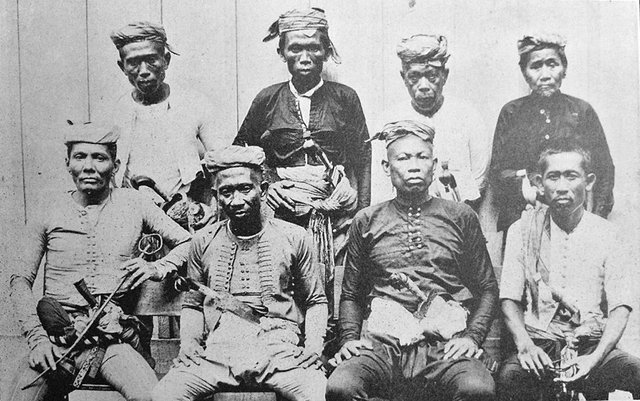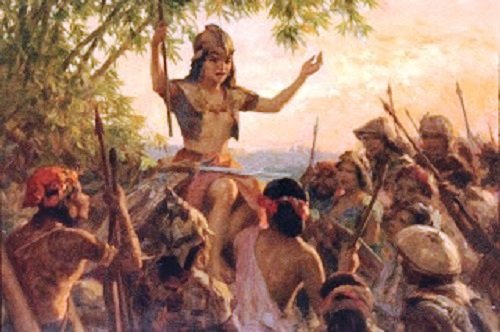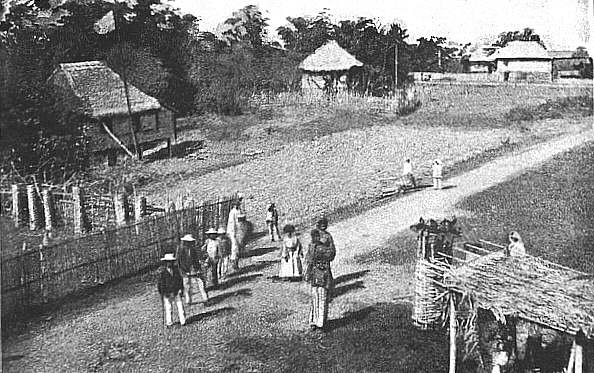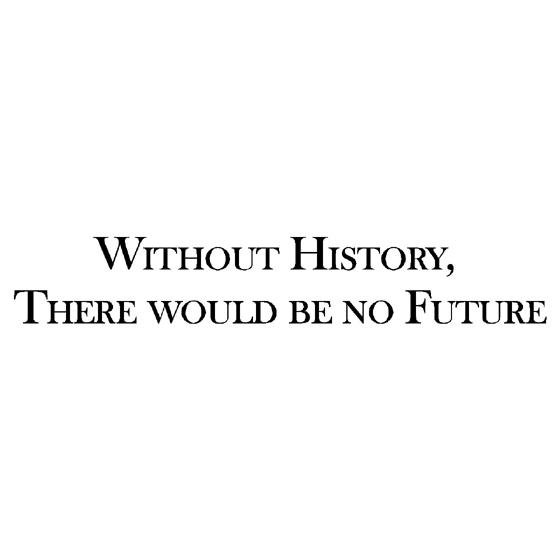Government and Laws of the Early Philippines
Government and Laws of the Early Philippines

Image Source
Information about the life in the Philippines in pre-Hispanic circumstances is construct to a great extent with respect to the "contact annals" accounts composed by Pigafetta (Magellan's recorder, 1521), Loarca (1582), Plasencia (1589), Chirino (1604), Morga (1609), Colin (1660), and Alcina (1688), including the creator of the Boxer Codex (late sixteenth century). These were ethnographic notes by nature. Authentic records were later penned by Pigafetta and different writers of post-Magellan undertakings (Patan'e, 1996).
On the off chance that the thought "no archive -
no history" is all that will be viewed as genuine, then antiquated oral customs and archeological confirmations of pre-Hispanic Philippines are futile. Be that as it may, this is not the situation. Logical archeological diggings that bear ancient rarities (versus European and Chinese works) are step by step sorting out early Philippine history.
Barangay
Barangay or Balangay was the pre-Hispanic administration of the Filipinos. Barangays were autonomous little units of ethnic groups. Barangays were keep running as per family relationship relations. It was comprised of 30 to 100 families that lived and cooperated under a chieftain called "Datu".
These little groups, the Spaniards noted, were frequently inconsistent with each other, aside from those gatherings with whom they had played out the blood smaller. Interbaranganic relations were built up for the carrying on of financial exercises. Settlements of fellowship and union were finished up through the blood minimal known as "Sandugo"(one blood), contracting parties drew blood from their arms and blended it with wine in a container. Both datus drank from a similar container, in this way making them kindred spirits.
The chieftain, presumably the most vital identity in a barangay, is called by changed titles. In Central Luzon, there is the alleged gat, which is like the pangat of Cordillera. In Visayas and in Mindanao, they have the dato and tuan, which is related to a regarded senior of the group. There is likewise the title raja as noted by Spaniards in 1565 in Manila. There is additionally the term lakan (ruler), which signifies being beneficiary to the chieftainship. In Islamized Maguindanao, the ruler is called Sultan.

Image Source
The Datu
The datu was respected high expert in the barangay. His duties incorporated the obligation to oversee and lead the general population in fight, to protect the barangay against foes, to institute mandates against wrongdoings, and to settle debate among supporters. He practiced full specialist over his gathering, despite the fact that he could designate his forces to a board of senior citizens headed by the group senior. Consequently, the datu requested regard, a partake in the gather and chase, and administration.
Chieftainship was generally by legacy; in any case, among the Visayans, one could turn into a datu by showing ability, brave, ability in fight, or by amassing riches through battling men and slaves. Therefore, slaves could likewise rise and progress toward becoming pioneers.
The Sultan
The Sultans of Mindanao merit much illustration to have a superior comprehension of a ruler's energy and obligations. Centralization of political power in the hands of a sultan is the embodiment of an Islamic state. Significant to this is the part the sultan played as far as controlling regional cases. His idea of "spaces" directs his power over grounds, oceans, waterways and all different domains that the sound of his gongs could reach. In Sulu, a board of noticeable datus and powerful older folks called roma bichara fills in as counselor to the sultan in matters relating to legislative issues and religion.
Among the Visayans, as said, determination of datu is free, yet not in Sultanates. There are five criteria in the decision of a sultan:
1. bangsawan (regal blood). A Datu could turn into a sultan in light of blood ties. He ought to originate from a heredity of sultans. Ladies couldn't progress toward becoming sultans because of their asserted shortcoming and they are not likewise permitted to enter mosques, nor lead open petitions.
2. kamagulangan (right age). A sultan is the most seasoned among the datus in a sultanate.
3. ilmawan (has capable learning of the shariah and adat). A sultan ought to be comfortable with the shariah or Islam laws and the adat or standard laws. He too ought to be educated in remote dialects like Arabic and Malay. He ought to likewise extend himself as a capable statesman, insightful judge, and effective in political ties.
4. altawan (riches). This ought to be measured in light of his properties, extent of regional locale, and royal residences.
5. rupawan (identity). He ought to have a solid identity, moral domination, and great conduct.
Laws were either standard or composed. Standard Laws were passed on orally from era to era. Composed laws were those that the chieftain and his chamber of senior citizens proclaimed now and again when essential. Composed laws were recorded Laws managed: legacy, separate, usury, organization, wrongdoing and discipline, property rights, family relations, reception, and advances. Laws were made through the activity of the datu and with the endorsement of the older folks. After a law has been authorized, an open host called "Omalohokan" goes around the barangay to report the new law. It was the duty of each individual from the barangay to think about the new law.

Image Source
Legal Process and Trial by Ordeal
Question were settled through a "court", with the Datu as the "Judge" and the informer debated their case by introducing their witnesses. It was the obligation of the datu and the seniors to figure out which of the disputants is earnest in his contentions. As a rule, the quantity of witnesses decided the victor of a debate.
The Trial by Ordeal is a progression of tests used to decide the blame or honesty of charged hoodlums. The procedure included the accompanying:
a. A stone is set in a vessel with bubbling water. The speculates plunged their hands, and the man with the most burn was declared the liable one.
b. Giving of lit candles to the suspects. The man whose flame ceased to exist initially was viewed as liable.
c. Diving into the waterway. He who rose to the top initially was the blameworthy one. Many suffocated in the process since no one of the denounced needed to be pinpointed as the criminal.
d. Consuming of uncooked rice. He who had the thickest salivation regurgitated was viewed as liable.

Image Source
Source:
Philippine History
By: Zeus Salazar
hello.pinoy ka?
Yes maam. Magkapitbahay tayo :)
haha.ang galing..paturo naman ako..matagal kna dito??
July last year po. Ano pong maitutulong ko?
ano mangyayare pag ng upvote ako ng post?may madadagdag ba sken?or mababawas?haha..dami ko tanong.blanko talaga ko..hehe..
Opo pero depende po yan s steempower mo. Kung malaki ang SP mo malaki din madadagdag.
ayun..ahh..as in bago lang kasi talaga ko..tips po sana pra sa baguhan na katulad ko..kung pano tumaas ung ganito ganyan.at kung pano magkaron ng SBD?o pano magtrend ung post?thank u..hirap kasi magenglish eh.
Una kailangan mong e verify yong profile mo. Mahalaga kasi yan dito since may involvement ng pera. Submit ka ng pics holding a piece of paper n may nkasulat na steemit, name mo at date. Isama mo na rin yong facebook profile link mo.
Regarding s kung palakihin ang account mo, kailangan mo lang makisali s mga discussions, comments at patuloy n pagpost ng content. Ika nga make friends, build your network and get involve.
parang fansign po ba?san ko po isesend para maverify?or kelangan ko lng ipost ung fansign ko?ok na un?so post lang ng post mam?
Post mo lng
at un.pano maging bitcoins ung SBD?or ano po ba.steem power?thank you mam..
Saka n yan pag mayroon ka nang e wiwithdraw :)
haha..cge po..tanungin nlng ulit kita kapag meron na..pero gano katagal bago ko magkaroon ng iwiwithdraw?
Pag may frend kang mayayaman orkung may nag vote sayo yong mga whales. Whales, sila yong mga mayayaman at malaki ang sp